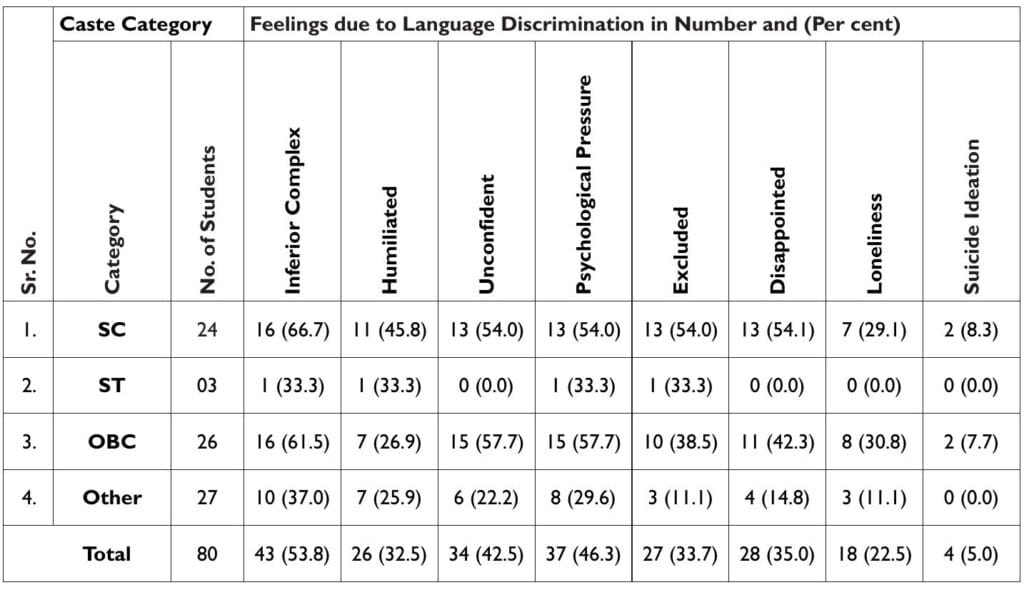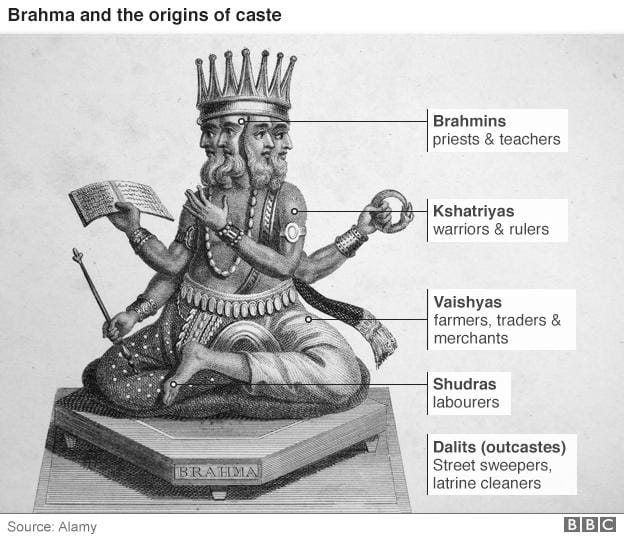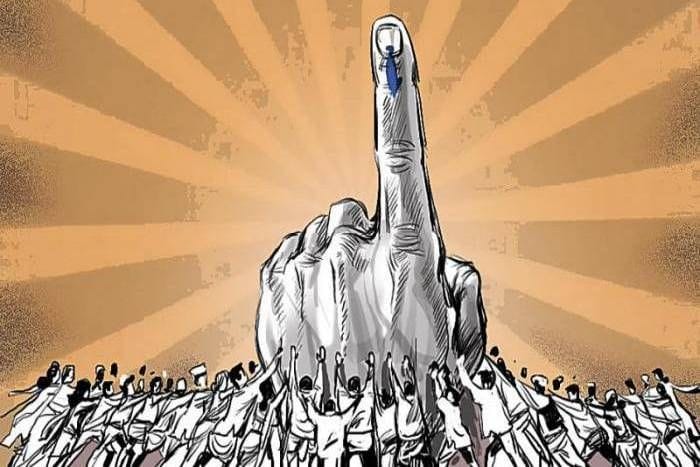By[Nonigopal Pal]
In the lead-up to the 2024 general elections, the Indian government’s consideration of a nationwide caste census has ignited a fervent debate. Proponents view it as a necessary step towards social justice, while critics argue it’s a politically motivated maneuver aimed at electoral gains. This article delves into the multifaceted dimensions of this contentious issue.

The Historical Context
India’s last comprehensive caste census was conducted in 1931. Since then, while the decennial censuses have collected data on Scheduled Castes (SC) and Scheduled Tribes (ST), data on Other Backward Classes (OBC) has been conspicuously absent. This lack of granular data has often been cited as a hindrance to formulating effective affirmative action policies.
The 2011 Socio-Economic and Caste Census (SECC) attempted to bridge this gap but was marred by data inconsistencies and was never officially released. The absence of reliable data on OBCs has led to policy decisions based on outdated or estimated figures, raising questions about the efficacy and fairness of reservation policies.

Political Underpinnings
The push for a caste census has gained momentum, particularly from opposition parties. Rahul Gandhi, a prominent leader of the Indian National Congress, has been vocal in advocating for a caste census, arguing that it would facilitate equitable distribution of resources and representation. He emphasized the need to “find out the population of every caste” to ensure proportional representation in jobs and education.
Bihar’s Chief Minister, Nitish Kumar, conducted a state-level caste survey in 2023, revealing that over 80% of the state’s population belongs to backward classes. This move was seen as a political masterstroke, aiming to consolidate the support of OBCs and EBCs, and has set a precedent for other states.
However, the ruling Bharatiya Janata Party (BJP) has exhibited ambivalence. While Union Home Minister Amit Shah stated that the BJP does not oppose a caste-based census, he also emphasized the need for careful consideration and consensus. Prime Minister Narendra Modi has often refrained from directly addressing the issue, instead focusing on broader themes of development and poverty alleviation.
Societal Implications
A caste census could have profound implications for Indian society. Advocates argue that accurate data is essential for implementing targeted welfare schemes and ensuring social justice. They contend that without knowing the exact numbers of various caste groups, policies cannot be effectively tailored to address disparities.
On the other hand, critics warn that such a census could exacerbate caste divisions and lead to increased polarization. They argue that focusing on caste identities might overshadow the need for a more inclusive approach that transcends caste lines.
The Rashtriya Swayamsevak Sangh (RSS), the ideological parent of the BJP, has expressed caution. While not opposing the idea outright, the RSS has emphasized that the caste census should not become a tool for political gain or societal division.

Electoral Calculations
The timing of the caste census debate is crucial. With general elections on the horizon, political parties are keenly aware of the electoral arithmetic. OBCs constitute a significant portion of the electorate, and appealing to their aspirations can be a game-changer.
The Congress party, having lost substantial OBC support over the years, sees the caste census as an opportunity to regain lost ground. Conversely, the BJP, which has successfully built a broad coalition including OBCs, is wary of any move that might disrupt this balance.
In states like Bihar and Uttar Pradesh, where caste dynamics play a pivotal role in elections, the caste census has become a central issue. Nitish Kumar’s move is seen as an attempt to outmaneuver both the BJP and other opposition parties by positioning himself as a champion of backward classes.
Challenges and Concerns
Conducting a caste census is fraught with challenges. The sheer complexity of India’s caste system, with its myriad sub-castes and regional variations, makes accurate enumeration difficult. There’s also the risk of inflating numbers for political gain, leading to disputes and potential unrest.
Moreover, there’s a constitutional cap of 50% on reservations, as mandated by the Supreme Court. A caste census revealing higher proportions of backward classes might lead to demands for increased reservations, challenging this cap and potentially leading to legal and social conflicts.
Conclusion
The debate over a nationwide caste census encapsulates the broader tensions in Indian society between the pursuit of social justice and the risks of deepening societal divisions. While accurate data is undeniably valuable for policy formulation, the motivations behind the push for a caste census and its potential repercussions cannot be ignored.
Whether it’s a masterstroke aimed at empowering marginalized communities or a political compulsion driven by electoral considerations, the caste census debate is set to shape India’s socio-political landscape in the coming years. As the nation grapples with this complex issue, the need for a balanced, inclusive, and thoughtful approach has never been more critical.
Note: This article draws upon various sources to present a comprehensive view of the ongoing debate surrounding the caste census in India.